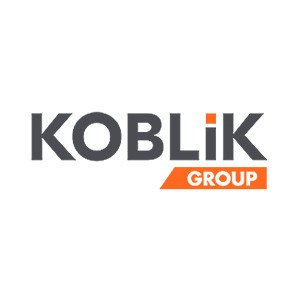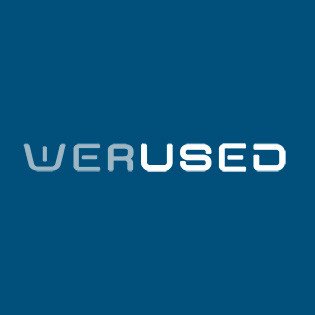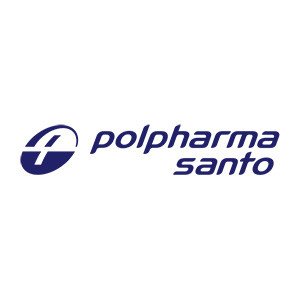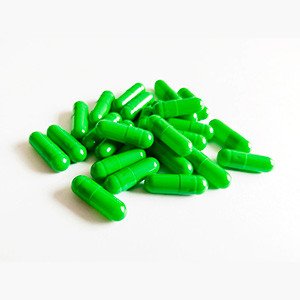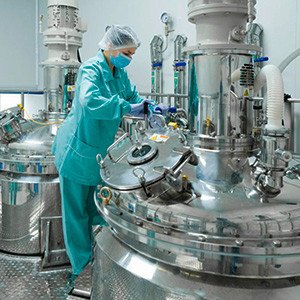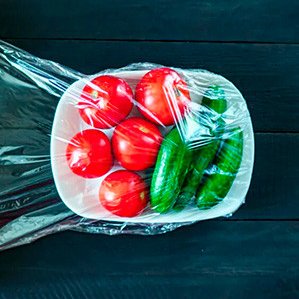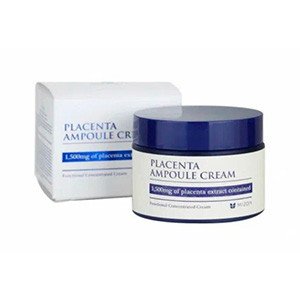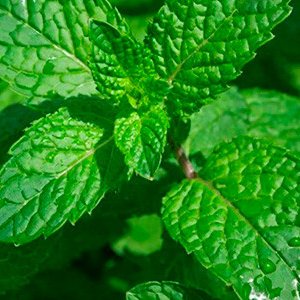Scientists from Perm National Research Polytechnic University (PNRPU) have found a way to process the cardboard part of Tetra Pak packaging to obtain powdered cellulose from it. This approach will expand the scope of secondary applications of packaging material in many industries.
Tetra Pak is not a biodegradable material, so the issue of its eco-friendly recycling is acute worldwide. A large part of it, about 75%, consists of fibers (cardboard), 20% is polyethylene film, and 5% is aluminum foil. While there are more options for recycling plastic and metal mixtures, the cellulose fiber of Tetra Pak packaging is considered low-quality waste due to the presence of adhesive substances or coatings, limiting its reuse. In Russia, only a few enterprises can recycle this type of packaging using a wet method to separate fractions from each other and recycle wastepaper into corrugated cardboard, paper bags, and new paper fibers.
Scientists at Perm Polytech investigated the possibility of recycling the fibrous part of Tetra Pak packaging by obtaining powdered cellulose from it. This is a lightweight bulk material mainly derived from wood and other plant materials. Its use is relevant for manufacturing pharmaceuticals, toothpaste, creams, and food products. It is also used as an absorbent and filtering material and in producing high-strength and thermally stable materials.
For the research, the polytech scientists used the fibrous part of Tetra Pak packaging obtained through dry separation in a previously developed aerodynamic device. Using a directed air stream, the device grinds wastepaper into individual fibers without destroying their structure.
"In accordance with the requirements for food-grade powdered cellulose, one of the most important parameters is the product's brightness. To improve the quality indicators of the obtained fiber, we conducted bleaching using chemical reagents according to a specially developed scheme. As a result, the brightness reached 80%, which meets the technical specifications for fibers used in making food-grade powdered cellulose," says Olga Noskova, Associate Professor of the Department of Polymer Materials and Propellant Technology at PNRPU and Candidate of Technical Sciences.
The polytech scientists obtained powdered cellulose from bleached fibers using acid hydrolysis, which involves breaking down complex compounds into simpler ones using hydrochloric acid. They determined the quality indicators of the resulting product: sorption (absorption) capacity, water retention, degree of polymerization, bulk density, and fractional composition.
"The results showed the possibility of using the obtained powdered cellulose in the food, pharmaceutical, and medical industries. By all indicators, it meets the standards and does not fall short in quality compared to the product obtained from natural wood cellulose," shared Olga Noskova.
The research by scientists from Perm Polytech demonstrated that recycling Tetra Pak packaging into powdered cellulose is a promising and viable method for recycling multilayer non-degradable material. Implementing this technology in practice will significantly reduce the amount of such waste and expand its secondary application scope in domestic industry.
Source: BUMPROM


